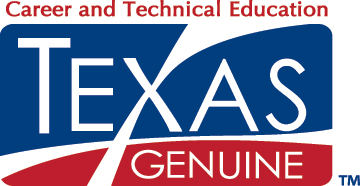Histotechnology is a science centering on the microscopic detection of tissue abnormalities for disease diagnosis and the treatment of diseases. Utilizing specific reagents, chemicals, and dyes, the Histotechnologist prepares surgical specimens for microscopic screening by the surgical pathologist. This knowledge of chemical reactions, combined with an understanding of tissue composition, allows the Histotechnologist to stain the tissue in a way that distinguishes distinct tissue and cellular structures. The difference in appearance of these tissue cells under a microscope allows a pathologist to ultimately render a clinical diagnosis and guides treatment options for the patient.1
In the modern histology lab, immunohistochemistry (IHC), digital pathology, and molecular (DNA/RNA) techniques are frequently utilized to provide accurate tumor identification which will aid the clinician in selecting a treatment strategy that offers that greatest probability of cure.
An associate degree, specialized training in an accredited Histotechnician program, and national certification as an HT is required to become a Histotechnician.2
The Bureau of Labor Statistics of the U.S. Department of Labor projects that the employment of clinical and anatomic laboratory technicians and scientists will increase by 11 percent through the year 2030, above the national average.

Laboratory workforce shortages have begun in many localities as the wave of people who joined the field in the sixties and seventies, a period of extraordinary growth, are now retiring. About 40 years ago, people flooded into the field to help with the exciting new tests and technologies that were becoming available. Many of today's laboratory professionals are baby boomers (those born between 1946 and 1964) and have now approached retirement age. Currently, there are not enough new college graduates to take their place.3
In 2021, the median annual salary for histology technicians was about $60,162, based on geographic location.4 Currently there is a shortage in many parts of the country guaranteeing employment and higher salaries for graduates. Job opportunities are expected to be excellent.
HT classes cover a variety of subjects including specimen processing techniques, sample preparation and staining, biology, microscopy, functional histology, anatomy and physiology, molecular diagnostics, immunology, immunohistochemistry, and cytology. The program involves two semesters of hands-on clinical skills experience which will help our students master the field of histology.
For more information on applying to the Histotechnology program, contact the MLT/HT/PBT office assistant at 254-526-1883 or email mlt.pbt.ht@ctcd.edu
- Accredited by SACSCOC.
- Accredited by NAACLS. For more information about NAACLS Accreditation, or to confirm accreditation, you can go to:



